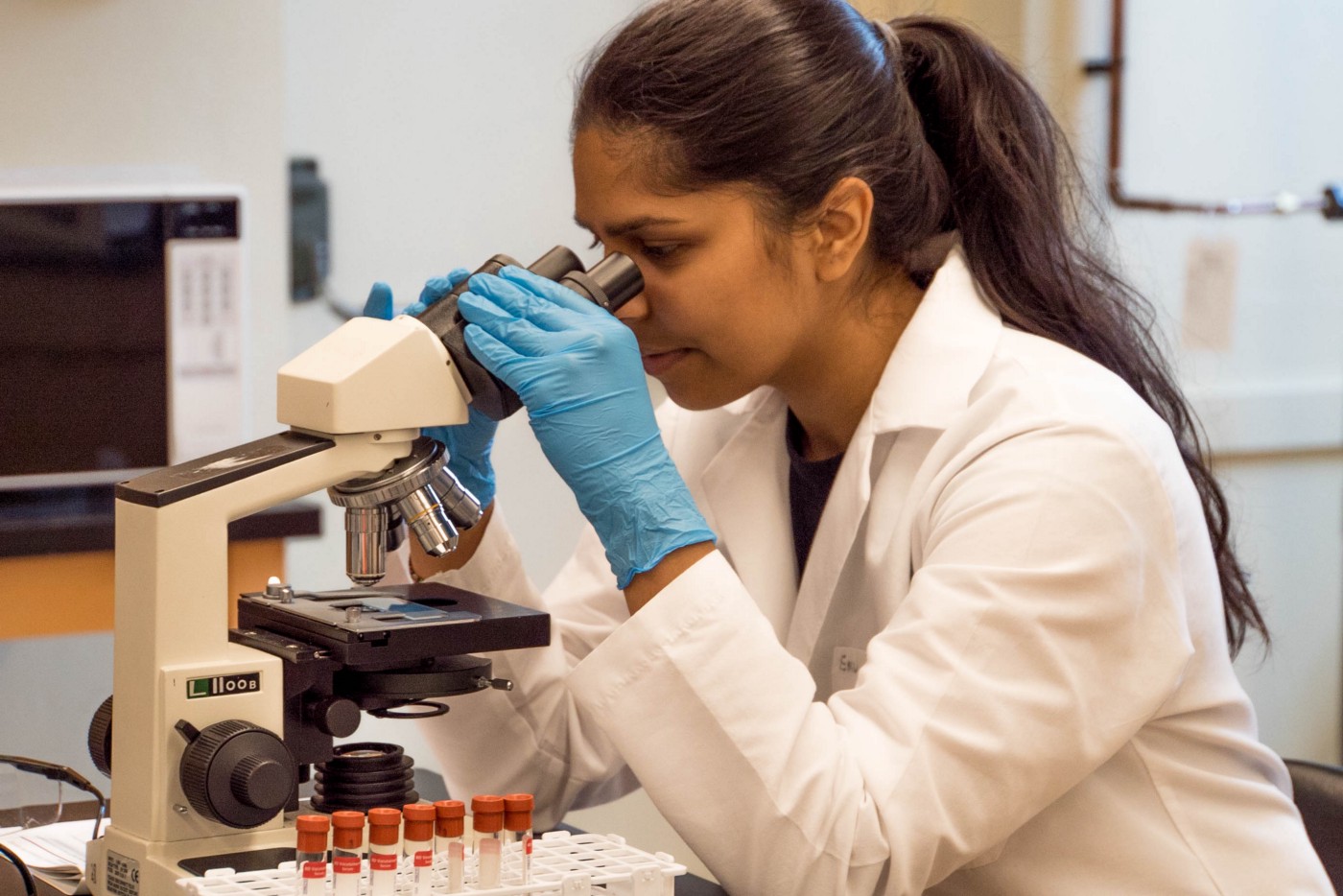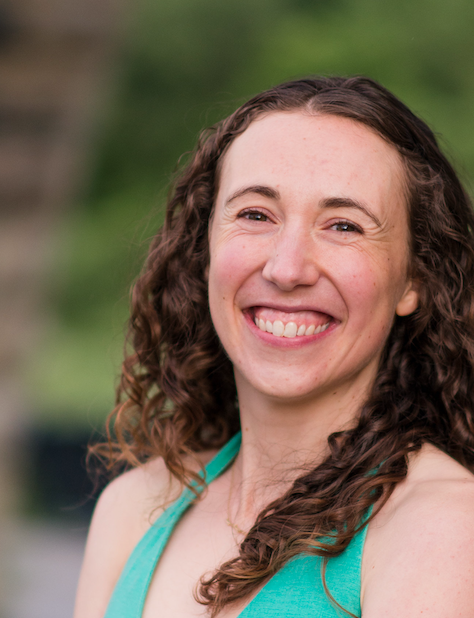

By Golden Seeds
April 2, 2020Holly Rockweiler is a woman on a mission, and it’s an ambitious one: improving women’s health. Specifically, she wants to enhance the quality of life for the countless post-menopausal women and breast-cancer survivors who suffer from vaginal dryness. For decades, hormonal therapy has been the only truly effective treatment, but it’s one that many women can’t or won’t use. Her company, Madorra, aims to offer a non-pharmaceutical alternative using an innovative, in-home medical device.
Holly, CEO and co-founder, recently spoke with our team about Madorra’s start, its challenges and progress, and the lessons it can offer other entrepreneurs. William Whitaker, MD, Managing Director and Co-Chair of the Healthcare Sector Group at Golden Seeds, led the due diligence process for Golden Seeds’ investment in Madorra.
HR: After working as a biomedical engineer for a number of years, I became a Stanford Biodesign Fellow. The Stanford Biodesign program teaches medical device innovation in a very hands-on way. Madorra wouldn’t exist if not for that program, and it enabled us to become who we are today.
The program teaches students how to understand problems, how to frame them in new ways and how to decide which ones to work on. It provided unfettered access to Stanford Hospital, and one of the many problems we found was that women with vaginal dryness were looking for a solution other than hormonal replacement therapy (HRT). This has been the gold standard treatment for vaginal dryness for the past four or five decades, but a growing number of women don’t want to take hormones because of the risk profile associated with them or can’t take them because of their health histories.
Realizing there are a lot of women who would welcome an effective alternative to HRT, we spent a year on due diligence, interviewing patients and healthcare providers. With a lot of research under our belts, my Biodesign team and I then started Madorra in 2014.

HR: We’re addressing the need for non-pharmaceutical treatments for vaginal atrophy. So far, the primary alternative to HRT has been over-the-counter lubricants and moisturizers, which aren’t very effective. There are also laser treatments designed to make structural changes to vaginal tissue in the same way they’re used to reduce wrinkles. This is an in-office procedure that hasn’t yet received FDA approval.
Our product differs in that it’s a device designed for in-home use. It uses therapeutic ultrasound to increase the vaginal temperature, stimulating blood flow and natural lubrication. We’re in the process of running clinical studies and seeking FDA approval.
HR: As with most startups, the biggest challenge has been funding. In some ways, it’s a little harder in our space, as there has been a taboo about discussing the topic and less activity than in some other segments. That’s starting to change.
Through persistence, we’ve found investors who see the potential in the women’s intimate health market. We were also fortunate to get grants from the National Science Foundation and National Institutes of Health, along with some internal Stanford grants. The tide is starting to turn, and we’re seeing more interest in the field of “femtech.” I prefer to call it women’s health, but I’m grateful there’s a hashtag and a language we can use to talk about this.
HR: We’re currently conducting a pilot study in Australia that’s almost fully enrolled, and we eagerly await those results. FDA approval is a slow process, but we’re working toward it.
HR: I’d remind them to stay focused and keep their eyes on the prize, but don’t look too far uphill. It’s easy to get discouraged. Surround yourself with people who are excited and passionate about your mission, and they’ll buoy you up when the roller coaster is on a downswing.
Ultimately this is the most rewarding thing I’ve ever done, even on the days when it’s difficult. Remind yourself why you’re doing this when the going gets tough — and it will. I’ve got a file named: “Read this when you’re down.” It contains comments from participants in our trials about how meaningful this product has been to them. That means the world.
HR: Most of our connections are West Coast-based, so it’s been very helpful to get involved with Golden Seeds’ chapters across the country. Golden Seeds has attracted a diverse group of people in all areas, and we’ve made connections where previously we didn’t have any. For example, one investor, a gynecologist who’s done research in similar fields, has been very helpful in building out our scientific advisory board.
Golden Seeds is helping us get the word out so women know they are not alone with this problem and that we are doing the R&D to bring them the product they’re hoping for. There’s no reason for them to suffer in silence. Talk to your friends, talk to your doctor. We want to start the dialog.